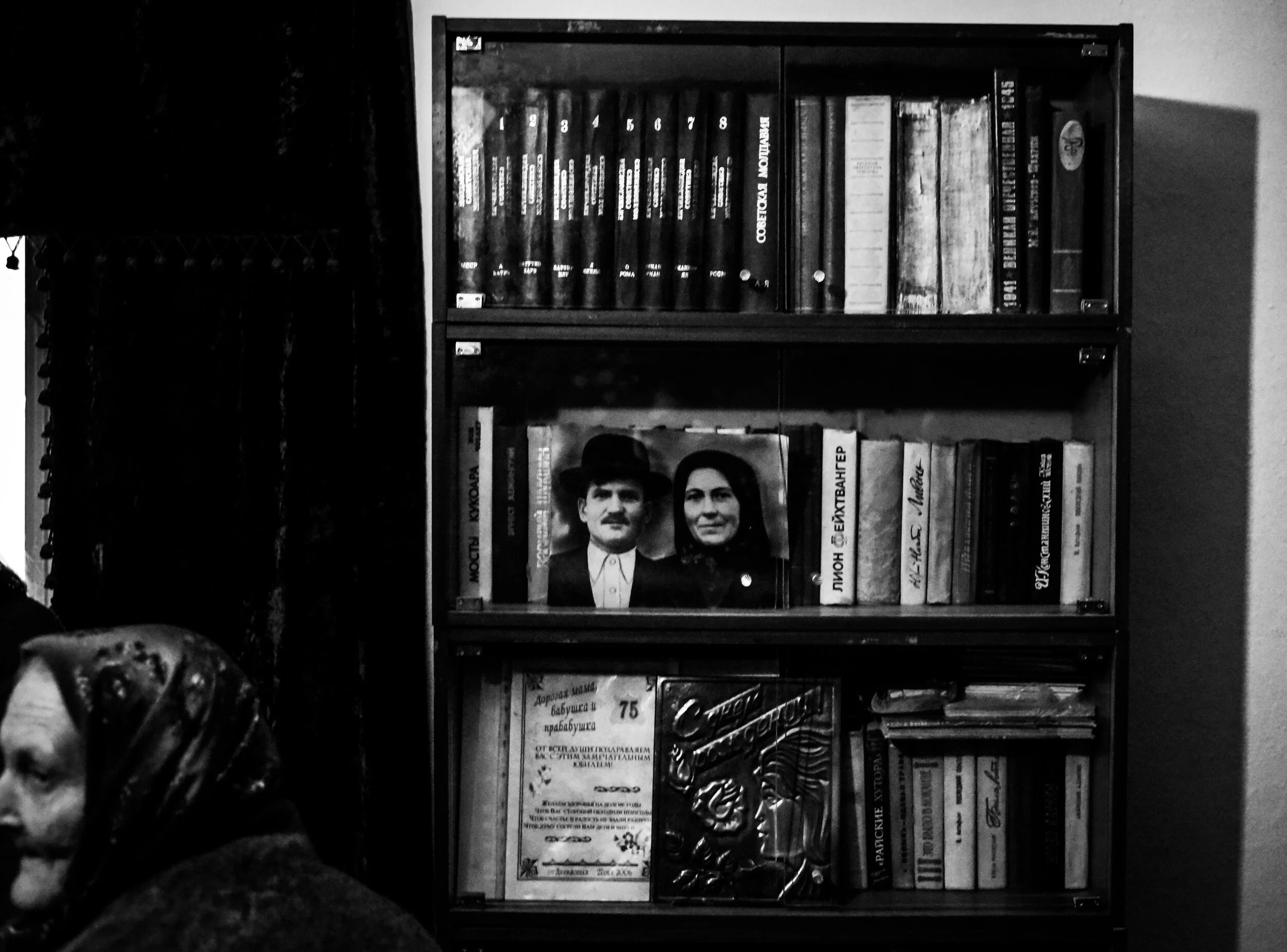
"Hitchhiking and life on the road got me into writing": An Interview with Artem Chapeye
Interviewed by Kate Tsurkan
Hitchhiking and life on the road got me into writing. In my early twenties I wandered through the US before heading down to Mexico and Central America. Being a poor person from a peripheral country, I had to find work along the way, which turned the trip into vagabonding rather than tourism.

A Transcript of Trafika Europe Radio's Interview with Serhiy Zhadan
Interviewed by Kate Tsurkan
Every good military officer is a bit of a poet in their soul, so I do not think that writing poetry was something unnatural for Vasyl Vyshyvanyi. I also do not think it is fair to approach his poetry with the criteria of typical literary scholarship because he did not have serious ambitions as a writer.

“I'm always looking for reasons to be optimistic": An Interview with Iryna Tsilyk
Interviewed by Liliia Shutiak
Translated from the Ukrainian by Kate Tsurkan
I’m always looking for reasons to be optimistic. Everyone in Ukraine is devastated and exhausted by what has been happening to us for the past eight years, and if you do not find any reasons for joy in your daily trials, it is very easy to burn out prematurely.
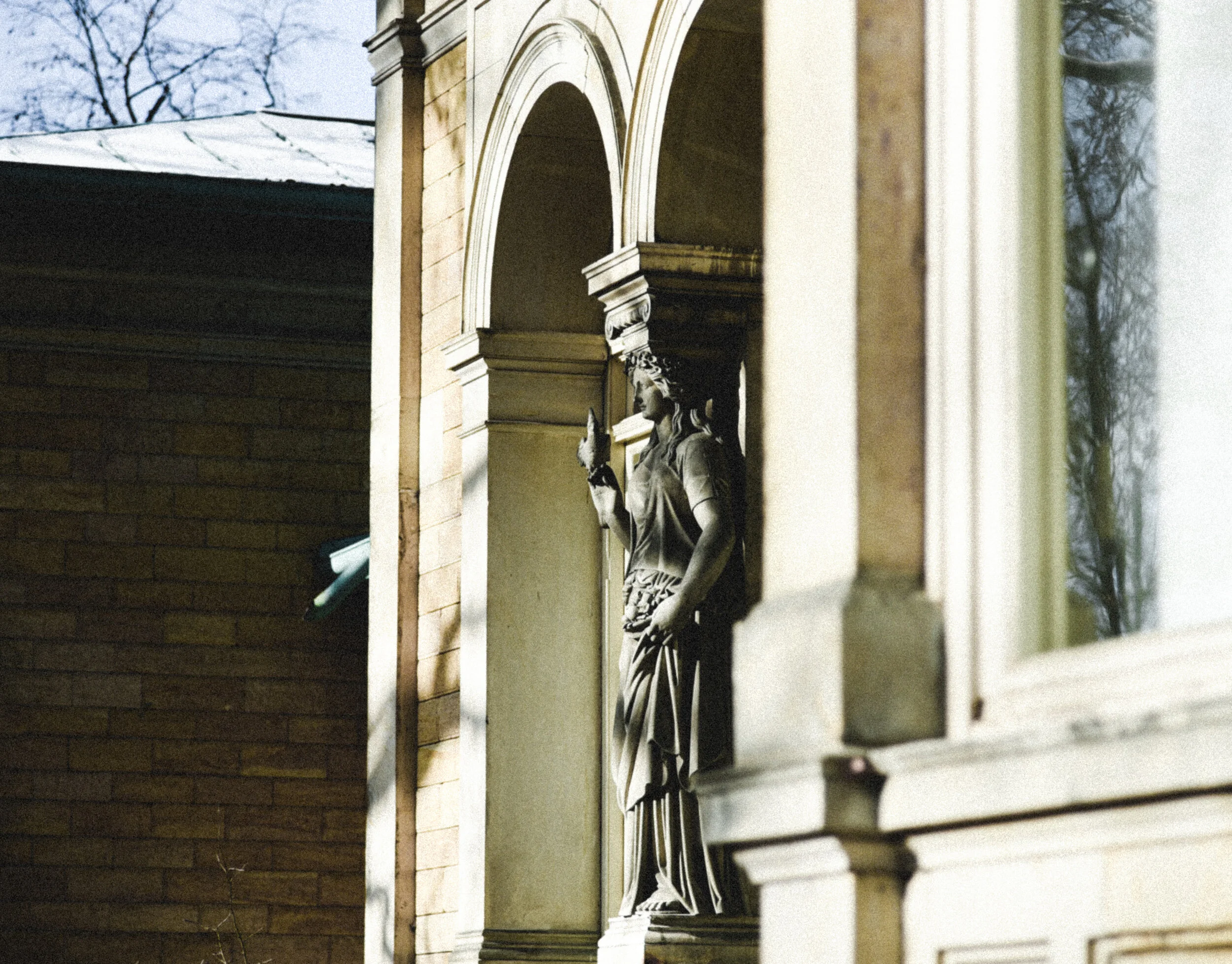

The Postmodern Suicide, Part II
by Adam Lehrer
Pessimist philosopher Emil Cioran once told a journalist how he was saved by the idea of suicide. “What allowed me to live was that I knew I always had this option.” This is the healthy way of managing the postmodern suicide.

The Postmodern Suicide, Part I
by Adam Lehrer
If Van Gogh was force fed his blackpill by a society at the dawn of modernism in rapid evolution, is it somehow worse to be force fed the blackpill now – by a society that doesn’t exist? The postmodern blackpill — the contemporary suicide — is given to us by the simulation of a society that isn’t real.
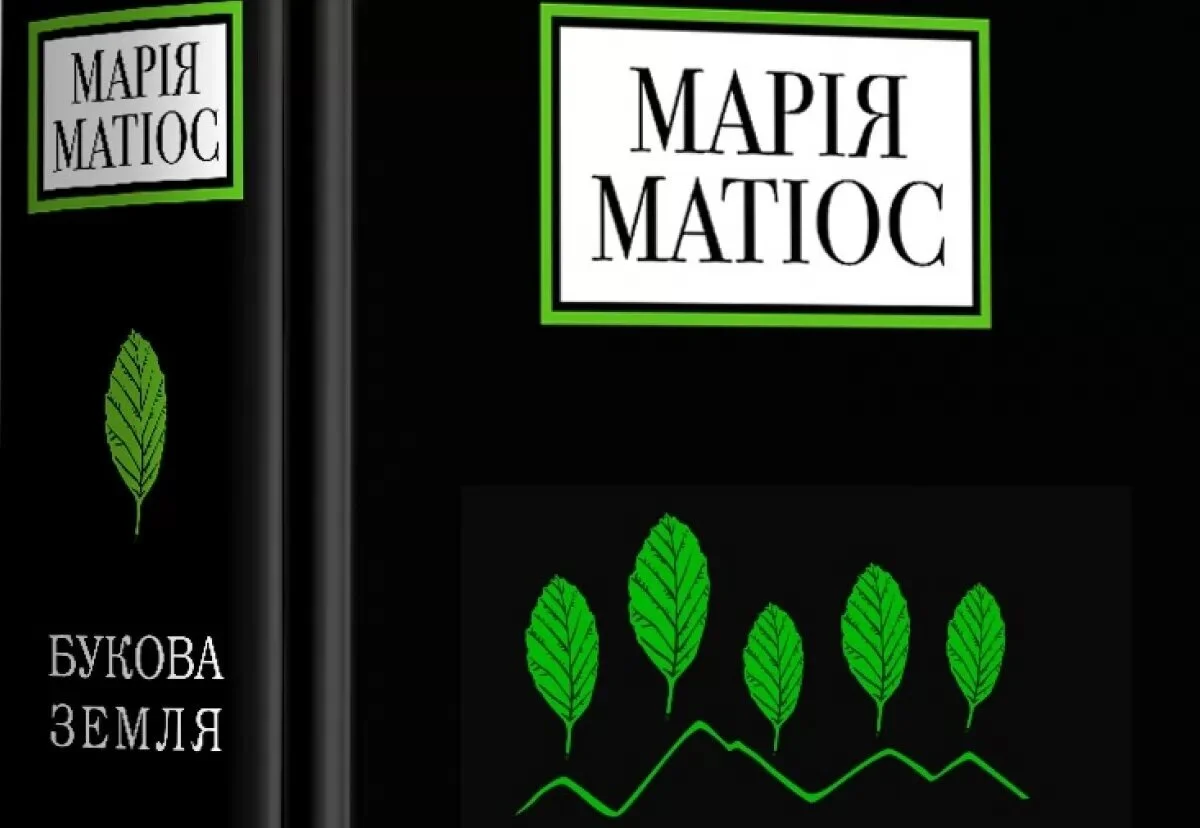
Paradise Lost: On Maria Matios' Bukova Zemlya (2019, A-ba-ba-ha-la-ma-ha)
by Maria Genkin
Bukova Zemlya, a mammoth of a novel from Ukrainian author Maria Matios about the 225-year history of Bukovyna, recreates the cultural diversity of the borderland region famed for its peaceful co-existence, portraying how this unique environment disappeared when land-hungry empires started fighting over it.
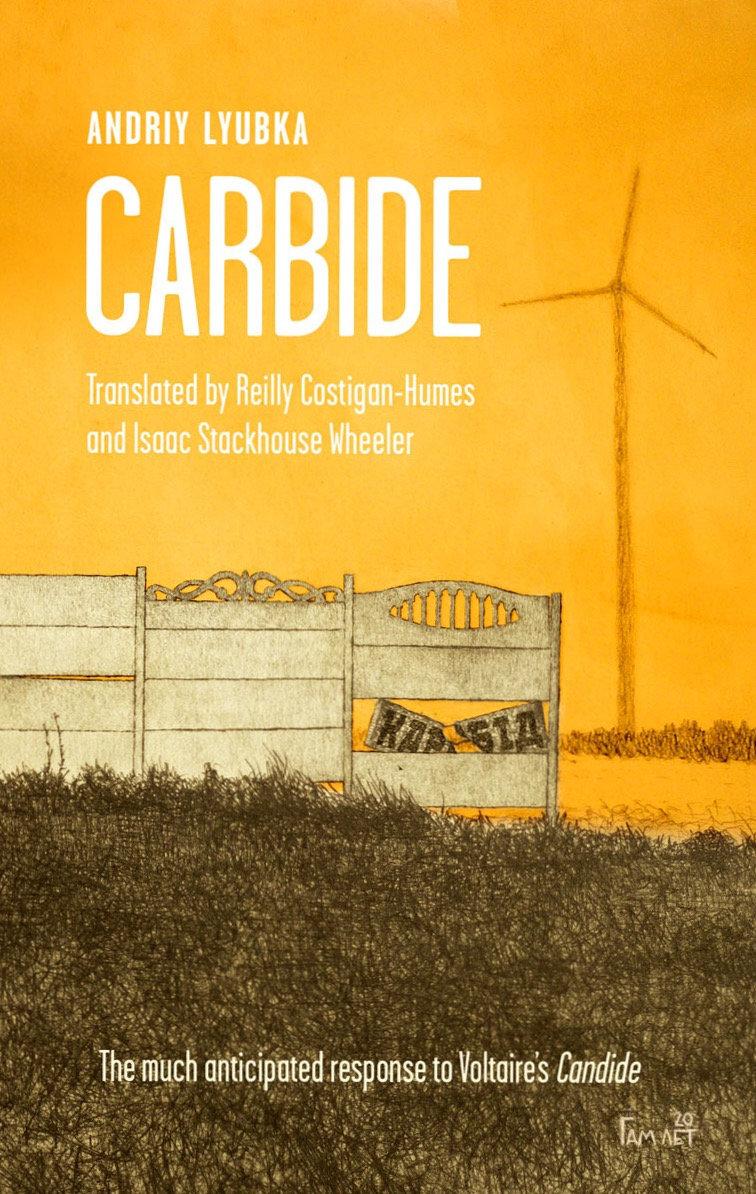
Digging a tunnel under Voltaire's wall: A Review of Andriy Lyubka's Carbide (2020, Jantar)
Reviewed by Liliia Shutiak
Translated from the Ukrainian by Kate Tsurkan
In Andriy Lyubka’s debut novel Carbide, the mythical Transcarpathian town of Vedmediv becomes a microcosm of Ukraine in the thirty years since its independence. The novel, first introduced to Ukrainian readers in 2015, was first met with great acclaim by readers and critics alike.

An Excerpt from the novel "Iron Water"
by Myroslav Laiuk
Translated from the Ukrainian by Yuri Tkacz
While he was waiting, Ivan approached a woman with a gold tooth who was selling mushrooms and asked where she had brought them from. But the old woman grumbled that she wouldn’t say, because her village was always overrun with people like him during the mushroom season.


Five Poems from "Opera Buffa"
by Tomaž Šalamun
Translated from the Slovenian by Matthew Moore
To open the faucets, Anastasia,
will bring you to naught
nowhere. We watched the heat.
A figure is a face, a part,
motif. Sulfur on a barrel.

Comments on Television
by Judita Šalgo
Translated from the Serbian by John K. Cox
My first window on the world, several decades ago, looked out onto a wall, onto bulletin boards with newspapers. Now that I need to say what I see out this window, what’s there? The wall has been demolished; behind it yawns an abyss.

Missing
by Anton Hur
Gunnie went missing in Chile. It is not the kind of place a young Korean man goes missing in. Jungmin, one of his best friends at university, has been on the phone for three days. The Korean consulate, the authorities at the University of Santiago, and anyone else he could get on the phone insist he left on his own.

Libations in Saturday's Waters: A Series of Estranged Libations
by Alina Stefanescu
Ancient Sumerians spent their afterlives in eternity eating dust. Generous descendants would pour liquid into their ancestors' graves with clay pipes to unparch their lips, to moisten their mouths. Thus water was added to dirt, making soil: the breath of creation.

Lord of the Cherries
by Kathrin Schmidt
Translated from the German by Susan Vickerman
It was in the times when, day in day out, the only thing I cared about, looking back now, was being an Exemplary Child of the German Democratic Republic; the times when our schoolbooks contained a verdict on the previous war, but only as a thing long in the past – a past which surely couldn’t have been the one our parents had lived through.

Pictures of Galina
by Herb Randall
We arrive at the improbably named village of Krushchevaya Nikitovka, once the home of a nobleman by that name, and now of Olga’s parents. She swears the village takes its name from that seventeenth-century boyar and not the Soviet leader of the 1950s, but I can’t help but wonder.
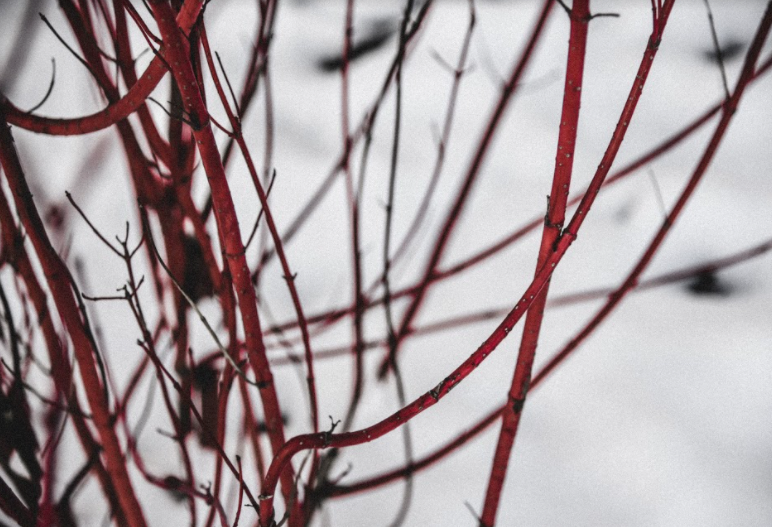
"Dry Tree" and Other Poems
by Lauren Davis
Neither I
nor the seasons
forget
what was before.
Only each of us make
a joyous rebirth
of what ourselves have figured out.


Longing, Troth, and Anti-Semitism in Gregor Von Rezzori
by Anthony Hennen
Austria-Hungary is a relatively hidden empire in the American conscience. Unless one has ancestral ties to it, or found their way to its former lands during a summer trip to Europe, it disappears under the swinging blade that divides western and eastern Europe.

People of the Puszta
by David Auerbach
The puszta is the Hungarian term given to the Carpathian Basin, the vast steppe of southwestern Hungary: sprawling yet flat and empty.
